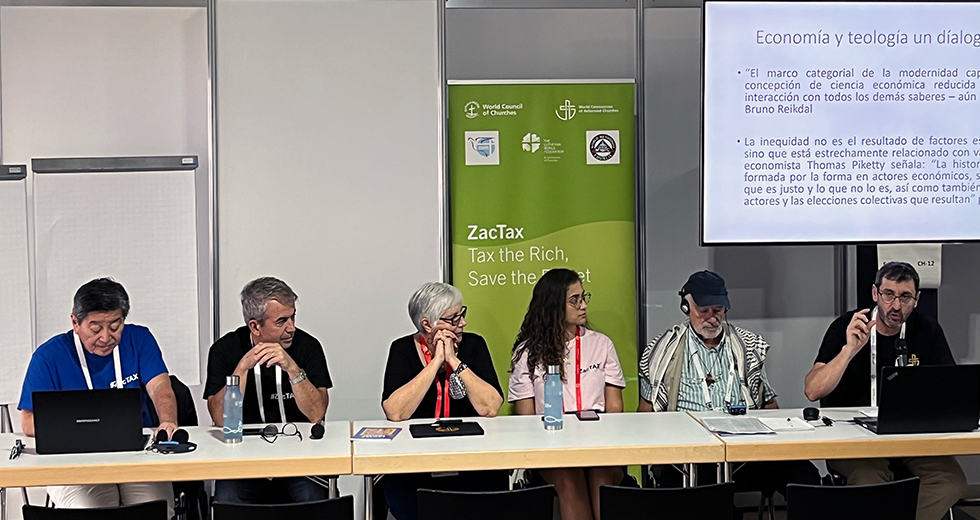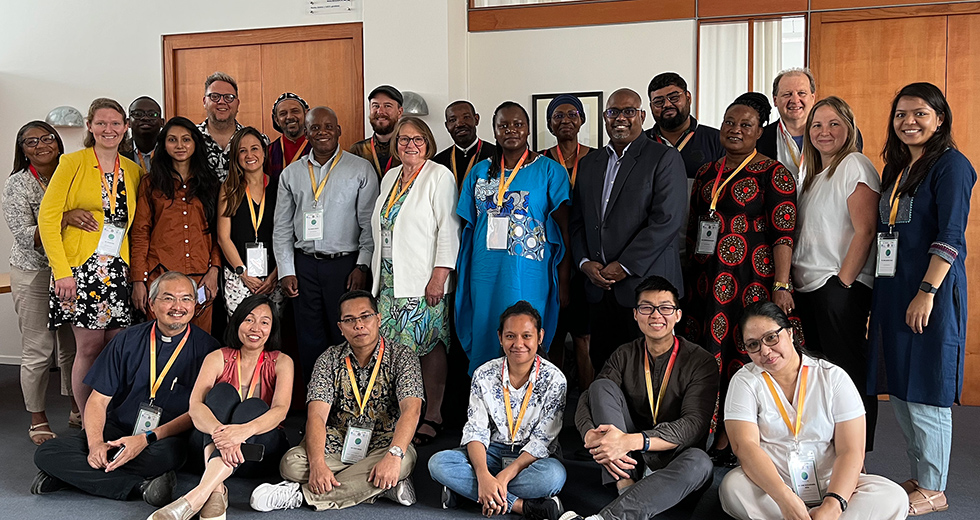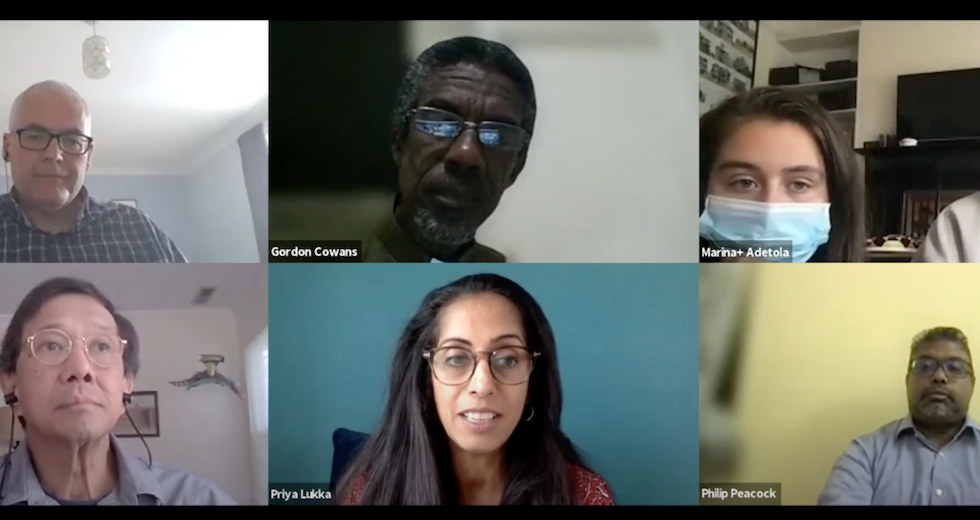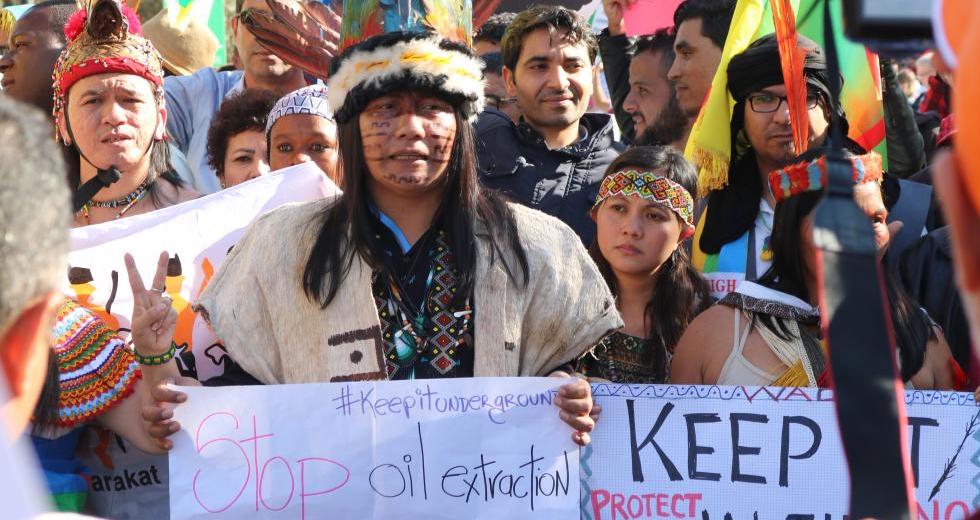GEM School
The Ecumenical School on Governance, Economics and Management (GEM) for an Economy of Life aims to build economic literacy within churches by equipping participants with the tools and languages to effectively advocate for urgent transformations in the global financial and economic realm. Held annually as part of the NIFEA project the GEM School gathers current […]
Economic Justice
We have heard that creation continues to groan, in bondage, waiting for its liberation. (Romans 8:22). We are challenged by the cries of the people who suffer and by the woundedness of creation itself. We see a dramatic convergence between the suffering of the people and the damage done to the rest of creation. . […]
Tax justice focus of workshop

The quest for tax justice in Latin America was the topic of a workshop hosted by the Latin American Alliance of Presbyterian and Reformed Churches (AIPRAL) at the World Council of Churches 11th Assembly. Moderated by Raíssa Vieira Brasil, a vice-president of the World Communion of Reformed Churches (WCRC), the panel included Dora Arce Valentin, […]
GEM School grounds economic justice biblically

The first face-to-face GEM School held since 2019 has opened in Berlin, Germany, with a focus on ecological and feminist economics. The Ecumenical School on Governance, Economics, and Management for an Economy of Life—GEM School—is a program within the New International Financial and Economic Architecture (NIFEA) project. “The pandemic underlined yet again the need for […]
Toolkit equips churches for tax justice

The Zacchaeus Tax Campaign calls for a global tax and economic system that acts like Zacchaeus, the tax collector who repented of his wicked ways, which delivers equity and makes reparation for exploitation and injustice. The campaign advocates for tax justice, addressing social and ecological debts, including reparations for colonialism and slavery, at local, national […]
A life-affirming “degrowth” is possible, economists and theologians find

An online conference “Degrowth – Living Sufficiently and Sustainably” held on 1 October discussed proposals and strategies for moving away from growth-driven and extractive economies to life-affirming systems of sustenance. Speakers and participants looked towards the G20 Leaders’ Summit taking place in late October in Rome with the theme, “People, Planet and Prosperity.” “This conference […]
Tax justice critical agree economists and church leaders

Addressing the upcoming G20 International Taxation Symposium, a webinar brought together economists, activists, and church representatives to explore how tax justice and reparations—as called for in the ecumenical Zacchaeus Tax (ZacTax) campaign—could help the world attain a just and sustainable recovery from the COVID-19 pandemic. The pandemic has revealed huge imbalances in the capacity of […]
Indigenous leaders illuminate vision of a new world economy

Indigenous leaders from around the globe shared their vision for a just economy—one that will not usher in genocide, displacement, and exploitation. During a webinar organized through the New International Financial and Economic Architecture initiative (NIFEA), they spoke on the collusion of capitalism, colonialism, and Christianity, and shared how indigenous communities are well-suited to lead […]
Interfaith panel addresses debt cancellation and reparations

A panel of experts of different faiths spoke on debt cancellation and reparations as tools for promoting justice, sustainability and life-affirming economies in the third 2020 Ecumenical School on Governance, Economics and Management public webinar held on 2 October. The webinar addressed faith perspectives on debt, how financial structures can be aligned to faith-rooted values, […]
Public webinar to present interfaith perspectives on just finances

The third public webinar hosted through the GEM School will focus on debt cancellation and reparations as tools for promoting justice, sustainability and life-affirming economies. The webinar will take place on Friday, 2 October, 14:00-15:30 (CET). The COVID-19 pandemic is aggravating the debt crisis, deepening socio-economic inequality. At the same time, the world continues to […]
